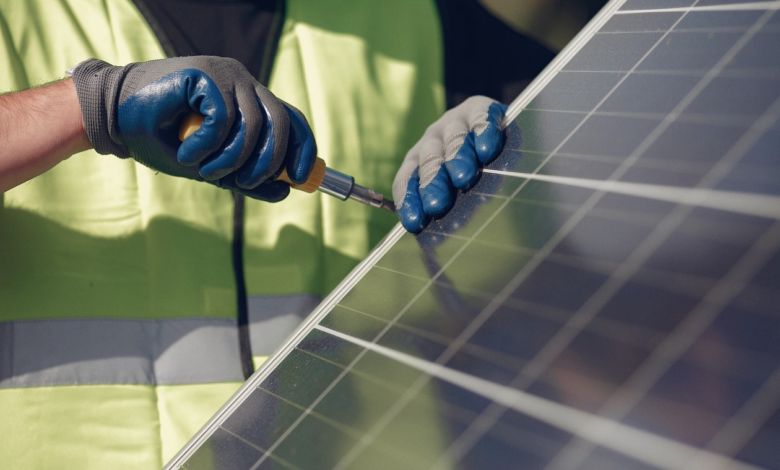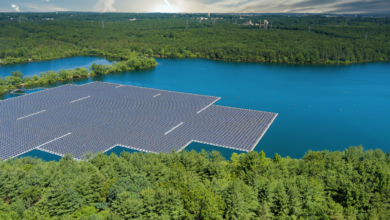Germany’s new solar package cuts photovoltaic laces

Habeck: “A further stimulus for the expansion of solar energy”
Germany intends to accelerate national photovoltaic. After closing 2023 with 14 GW of newly installed solar capacity, today it aims to further simplify future growth. How? With “Solarpaket 1″, a new package of measures was approved on 26 April by the Bundestag and the Bundesrat. German Minister of Economy and Climate Roberto Habeck explains: “Today’s agreement on the solar package is an important step towards achieving our expansion goals. [… ] We are accelerating and reducing bureaucracy across the spectrum of photovoltaic energy, from power plants on balconies to larger commercial systems on roofs and large open-plan plants. The package also contains important rules to accelerate the spread of wind energy and bioenergy, as well as network connections”.
New measures for German photovoltaic
Solarpaket provides interventions for every size of photovoltaic, from residential to C&I plants up to installations on a utility-scale.
For small plants simplifies the rules for commissioning the PV on balconies by eliminating the obligation to register with the network operator in advance; and aiming at a rating with normal sockets. For photovoltaic on commercial roofs, the solar package increases the incentive for solar systems of size 40 kW and above. “The subsidy – reads – will be increased by 1.5 ct 0.015 euro/kWh in response to the increase in construction and capital costs”. In addition, the quantities put in competition for the announcement on the photovoltaic roof for large plants will increase to 2.3 GW per year from 2026.
On the large land-based power plants, projects up to 50 MW will be allowed to tender and so-called “disadvantaged areas” of agriculture will also be open to installations. However, this would allow the Member States to set limits if a certain percentage of agricultural land were to be exceeded. At the same time, the new rules aim to adequately promote agri-PV and “other special solar systems” (floating systems, car parks, etc.): auctions will introduce a separate quota for these applications with a maximum incentive value of 0.095 euro/kWh.
Read here all the measures (German text).





